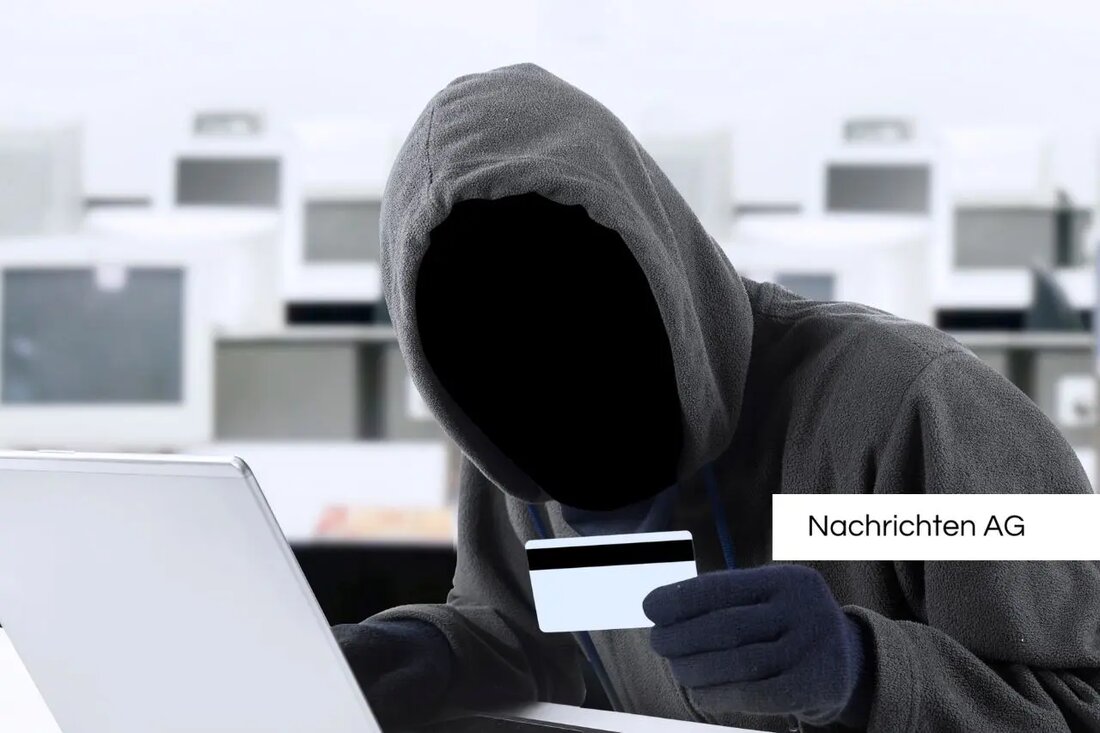Fraud warning: How to recognize dangerous phishing emails!
Fraud warning: How to recognize dangerous phishing emails!
On April 25, 2025, the Consumer center urgently warned of fraudulent emails that specifically address Amazon customers. These emails specify that Amazon come and inform the recipients about an alleged “account lock” due to “unusual activities”. The fraudsters ask users to restore their account using a link contained in the email. They set a period of three days, otherwise a permanent blocking of the account.
Typical signs of such phishing emails, according to the experts at the consumer center, are a dubious sender address, the presence of links, threats with account barriers and a general urgency that becomes clear in the short deadline. There are usually also spelling mistakes in the subject that indicate dubious origin. Consumers are urgently encouraged to move suspicious emails to the spam folder and to use official Amazon pages to check.
protective measures for online users
Amazon itself has also made it clear that the company will never ask for passwords or personal information about email or other websites outside of Amazon.de. To protect users, there are helpful information from Federal Office for Security in Information Technology (BSI) . Among other things, these include the "mouse-over effect" to check the sender addresses and the recommendation to enter the subject in a search engine. Always contact the company via official channels and avoid clicking on the left in dubious emails.
In addition, the State Criminal Police Office of a European fraud mesh that specifically appeals to seniors. These forms of cybercrime are an increasing risk of unsuspecting internet users.
phishing attacks not only affect Amazon users. Sparkassen customers also receive more emails with the request for data verification. These emails are often provided with the subject "Action" and alludes to supposed security checks of the customer data. A short period of only one day until April 26, 2025 to verification is set, whereby there is also threatening with account lock should not be reacted accordingly.
The signs of phishing are similar to those of the Amazon emails: impersonal addressing, dubious sender addresses and links within the emails, accompanied by unprofessional presentation and scarce deadlines. Bank customers should save such emails unanswered in the spam folder and always check the official website of the Sparkasse.
intervening against phishing requires mindfulness and a good understanding of safe online practices. The tips of the BSI emphasize that no serious provider asks confidential access data by email. Consumers should always make sure to only open the links on the left, not to disclose personal data and to ignore suspicious emails. The security of your own data should be a top priority.
| Details | |
|---|---|
| Quellen | |


Kommentare (0)